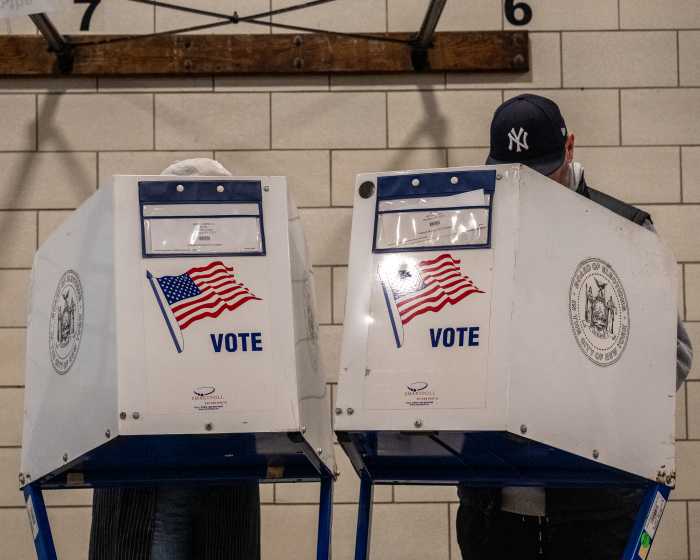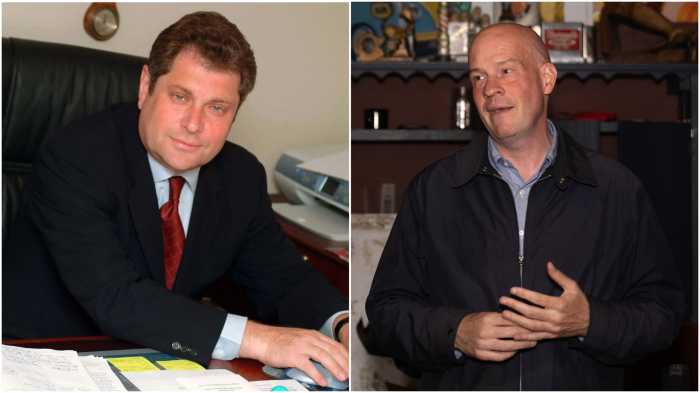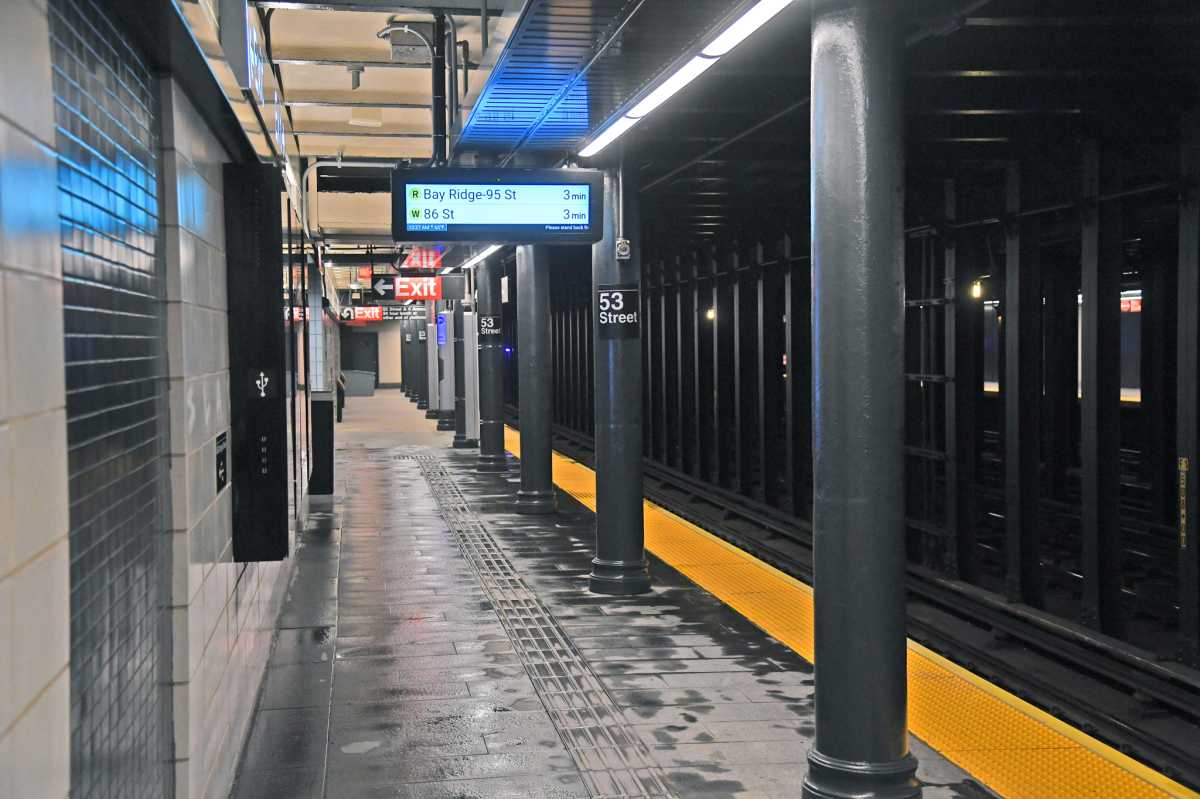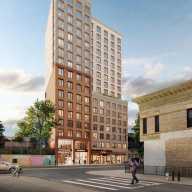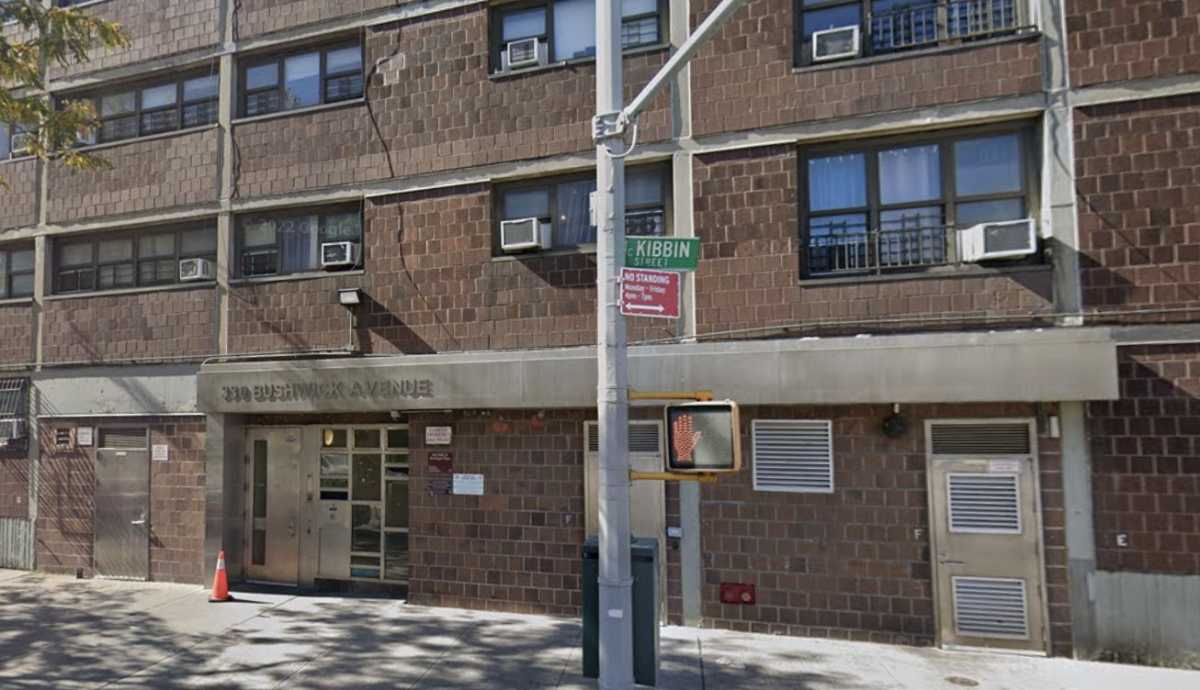The Coney Island casino proposal appeared dead in the water on Monday as two-thirds of the Community Advisory Committee said they would vote against the project.
Council Member Justin Brannan, Brooklyn Borough President Antonio Reynoso and state Sen. Jessica Scarcella-Spanton will vote “no” on The Coney, they announced in separate statements on Sept. 22. Marissa Solomon, who was appointed to the CAC by Assembly Member Alec Brook-Krasny, will also vote “no,” she told Brooklyn Paper.
If the four follow through on their statements at the yet-to-be-scheduled final CAC vote, The Coney’s bid will be finished. The project would need four out of six CAC members to vote “yes” to move forward next stage. Two other CAC members, Alex Sommer and Portia Henry — appointed by Mayor Eric Adams and Governor Kathy Hochul, respectively — have not spoken out about their votes.
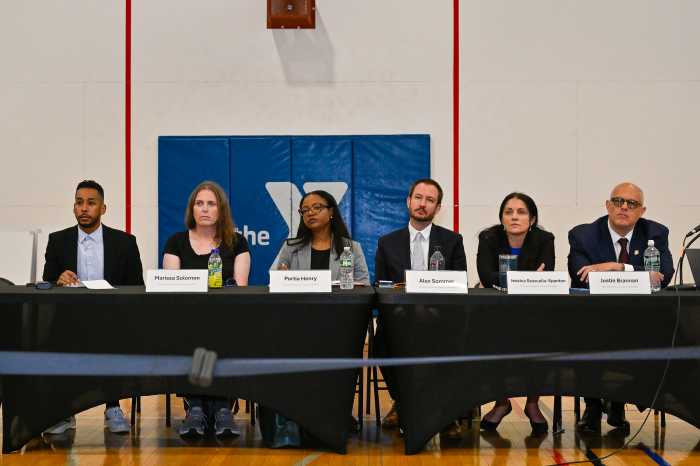
The Coney declined to comment.
Brannan, the CAC chair, announced his decision early on Monday morning in a Brooklyn Paper op-ed.
“There are things we need in Coney Island, but a casino isn’t one of them,” he wrote. “And, let’s be real: casinos exist to make money, not to fix our aging infrastructure or lift families out of poverty.”
In June, Brannan voted in favor of a rezoning that would have allowed The Coney, if approved, to build larger towers and demap part of a local street. At the time, he said it was not “up to me alone” to decide whether or not the casino should be built.
“It is my responsibility to ensure that all stakeholders have the opportunity to make their voices heard on this matter through the Community Advisory Committee process mandated by New York State,” Brannan said in June. “Then all of the local elected officials can make a decision collectively.”
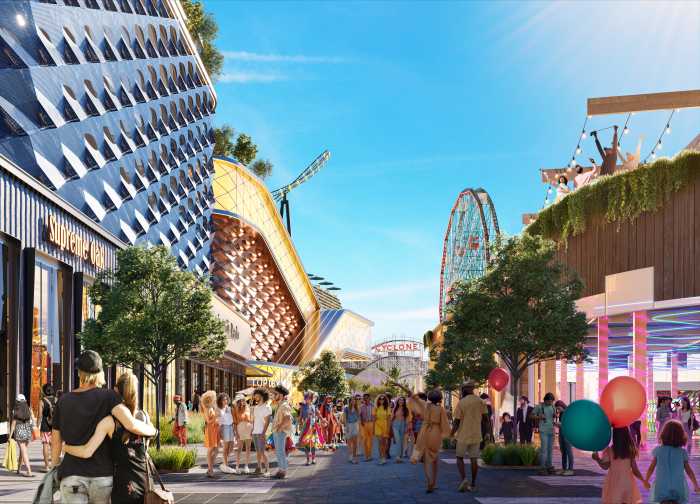
Developers said The Coney, a 1.6-million-square-foot facility with gaming, a hotel, convention center, and more, would provide thousands of jobs and create year-round economic opportunity in a neighborhood dependent on summertime tourism. The Coney had pledged to create a $200 million community trust fund, invest $75 million in local public safety initiatives, and help fund construction of a theoretical Coney Island ferry station if it were approved for a state gaming license.
But locals were largely opposed to the project, fearing developers would not follow through on their promises and that the massive development would ruin local businesses, drive up rents, and erase the neighborhood’s history and character. Across two contentious public hearings hosted by the CAC, roughly 140 speakers testified against The Coney. About 61 spoke in support.
“After taking part in two public hearings regarding this application, reading countless testimonies, and meeting with and hearing from my constituents about their thoughts, perspectives, and concerns regarding this application, I have decided to vote in opposition,” Scarcella-Spanton said in a statement.
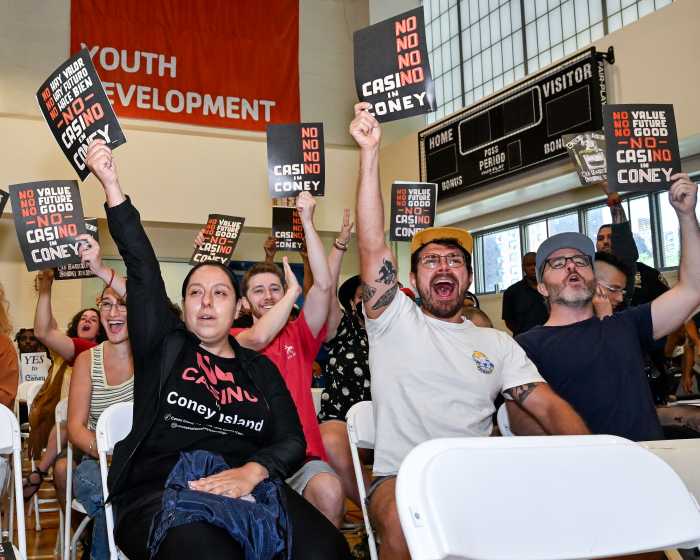
Reynoso said The Coney had “failed to prove itself as a public good.”
“The proposal is deeply unimpressive and unresponsive to the needs, desires, and rich history of the Coney Island community,” he said. “Quite simply, it will not improve conditions for the Brooklynites who call Coney Island home.”
Solomon, who, along with Brook-Krasny, has been critical of The Coney for months, said it was the CAC’s responsibility to “give the applicant a fair hearing.”
“I feel that we have done that both in the CAC process and, prior to that, in the land use process, and have reviewed their proposal thoroughly,” she said. “As is evident by the other statements, this is a project that just does not fit in this neighborhood, and the overwhelming majority of people here, it’s been very clear, have been opposed to this for a long time.”
The news came as the third and final Manhattan proposal, Freedom Plaza, was voted down 4-2 by its own CAC. The other two Manhattan proposals, The Avenir and Caesar’s Palace Times Square, fell in similar 4-2 votes. In all three instances, CAC members appointed by Adams and Hochul were the only members to vote “yes.”
As of Sept. 22, only five of eight bidders for three state casino licenses were officially still in the running: Bally’s Bronx, MGM Empire City, Resorts World, Metropolitan Park, and The Coney. The existing casinos — MGM Empire City and Resorts World — are widely considered to be the frontrunners, as both facilities are already up and running and only need the license to expand their offerings. CAC votes for both projects are scheduled for Sept. 25.
The Coney stood apart, though, as the only casino bid so far where CAC members announced their decision ahead of the final vote. Solomon felt it was because the opposition to The Coney “has been so loud and so clear.”
“There’s so many pieces of authentic New York that we’ve lost already, and for people to feel that they were going to lose their Coney Island, it’s like you’re telling them you’re going to take their summer away,” she said.
After the vote, Solomon said, she hopes the community and its representatives can start addressing the nabe’s real issues while preserving its history. Brannan, in his op-ed, said the same. Coney Island could be improved by enhancing what already exists, he said not replacing it.
“I’ve said before that its a shame in this country that we’re so willing to throw away the treasures that we have, and then we wonder why we don’t have anything,” Solomon said. “And I hope this shows everyone just what a treasure Coney Island is for New York and to the country. And to do everything possible to keep that going and to sustain it and to strengthen it.”
This is a breaking news story and will be updated.





